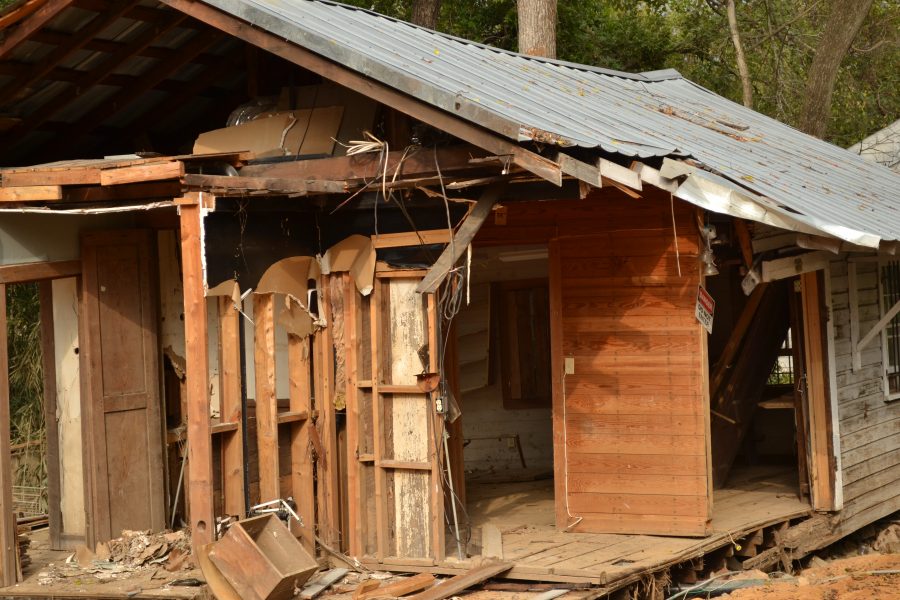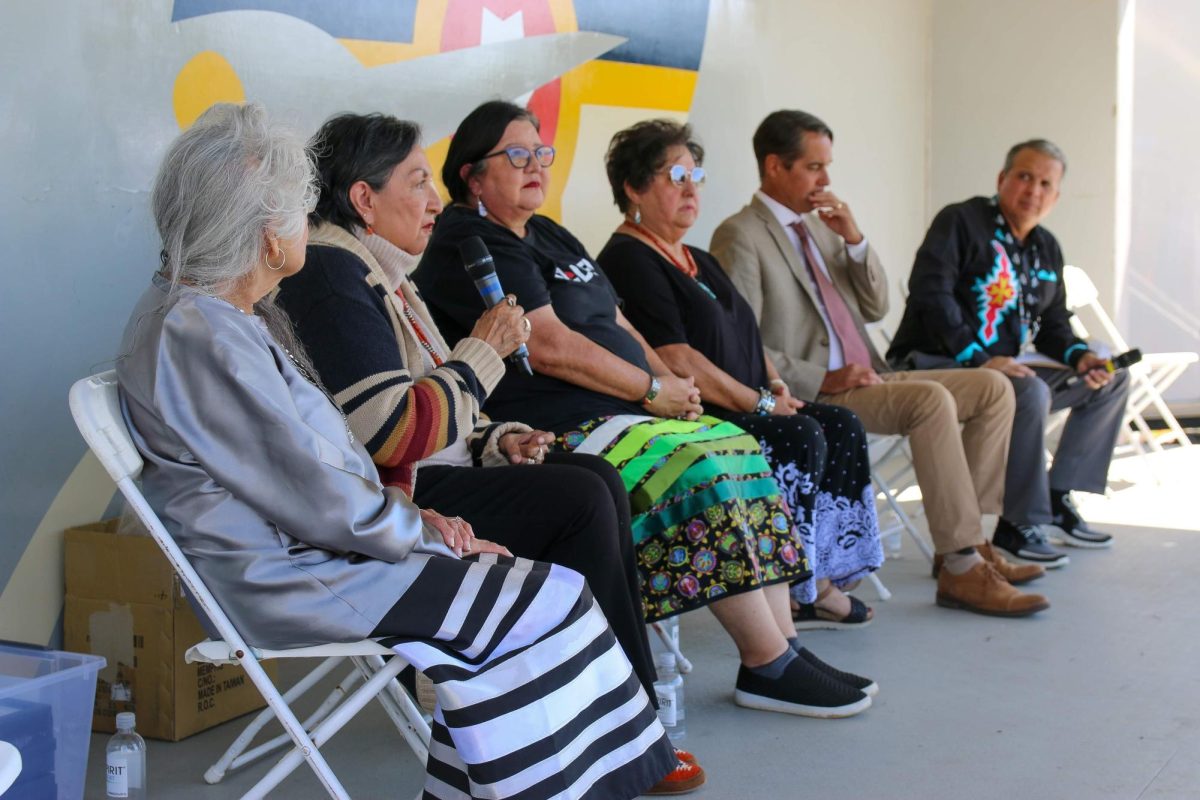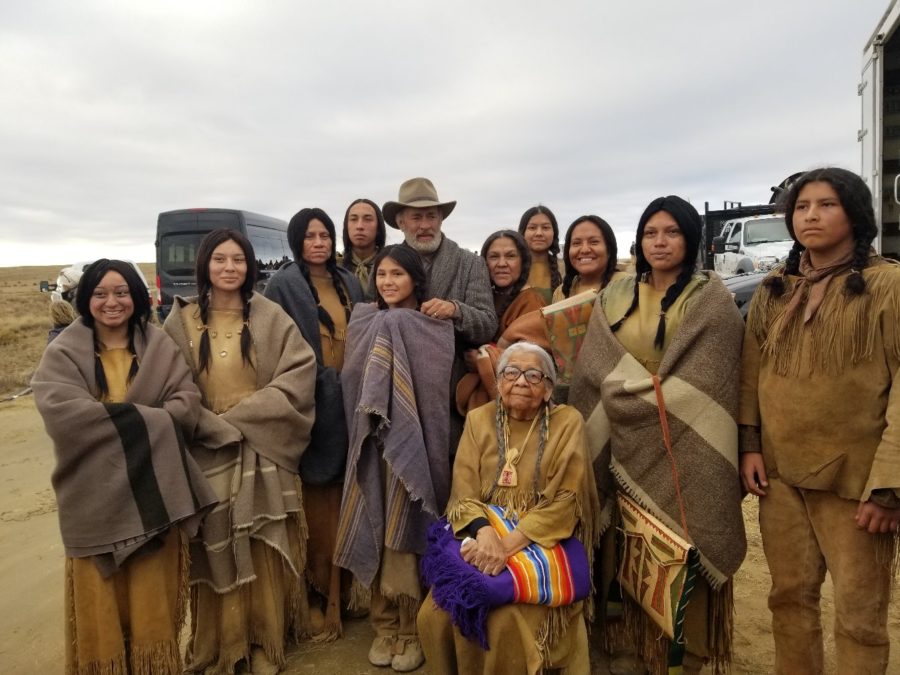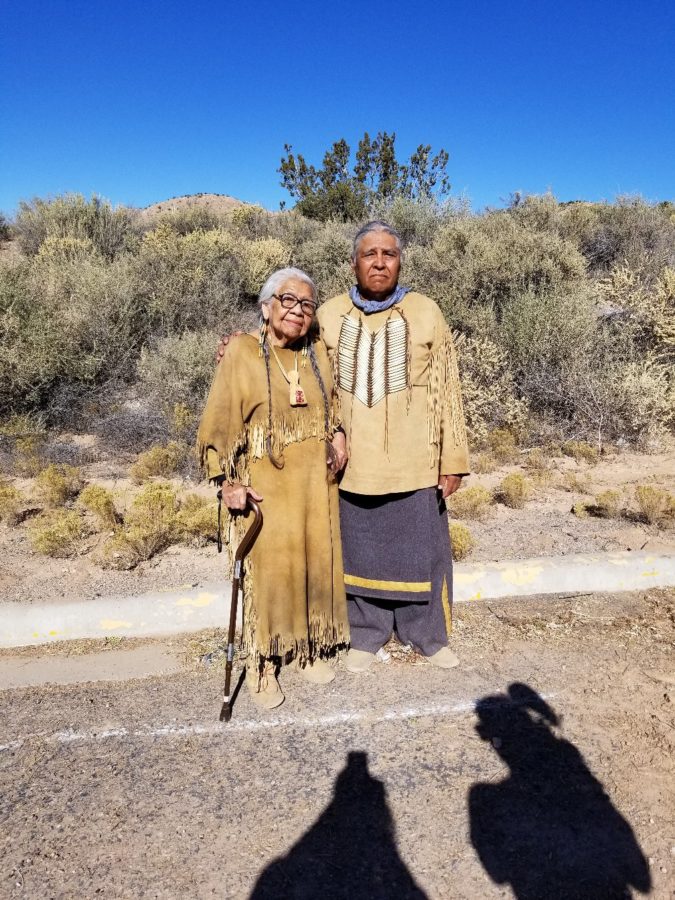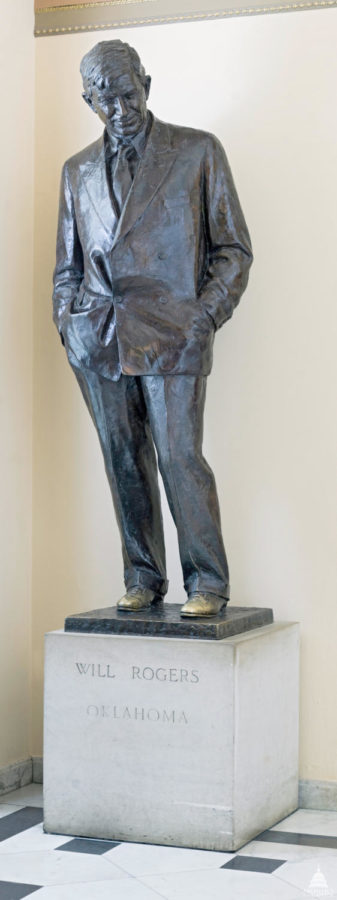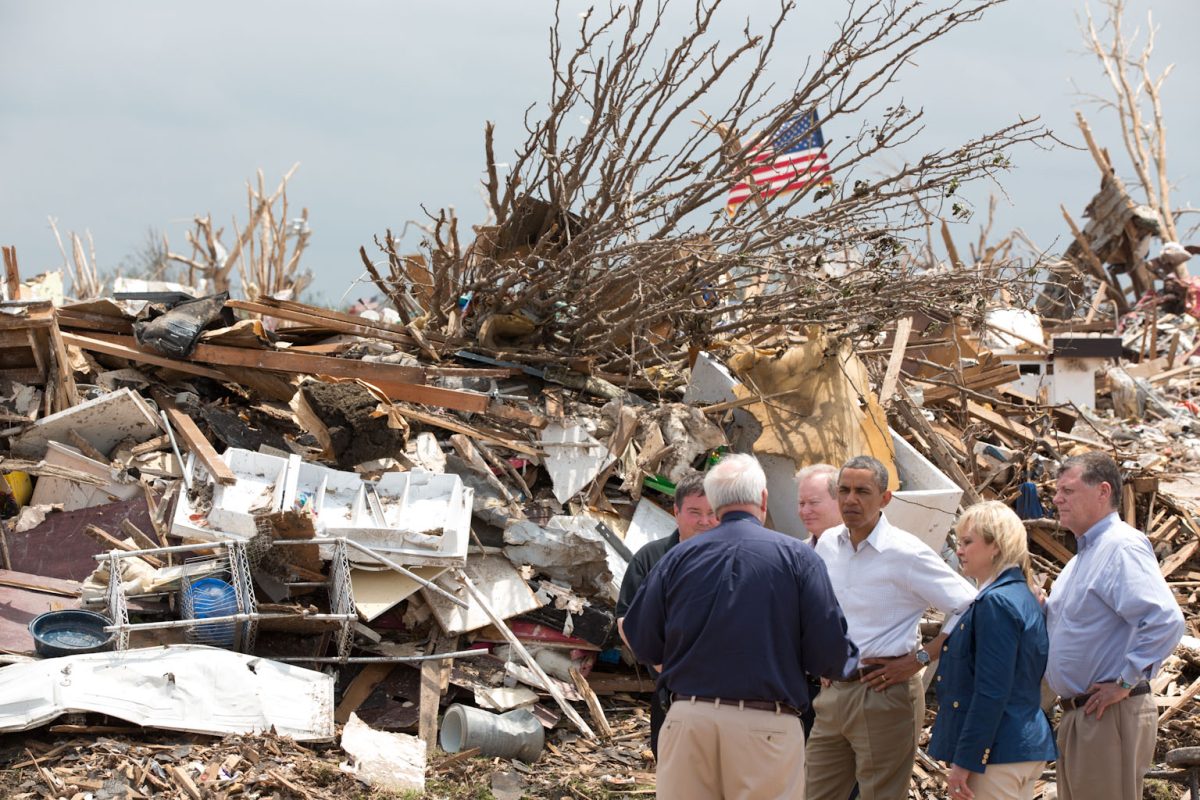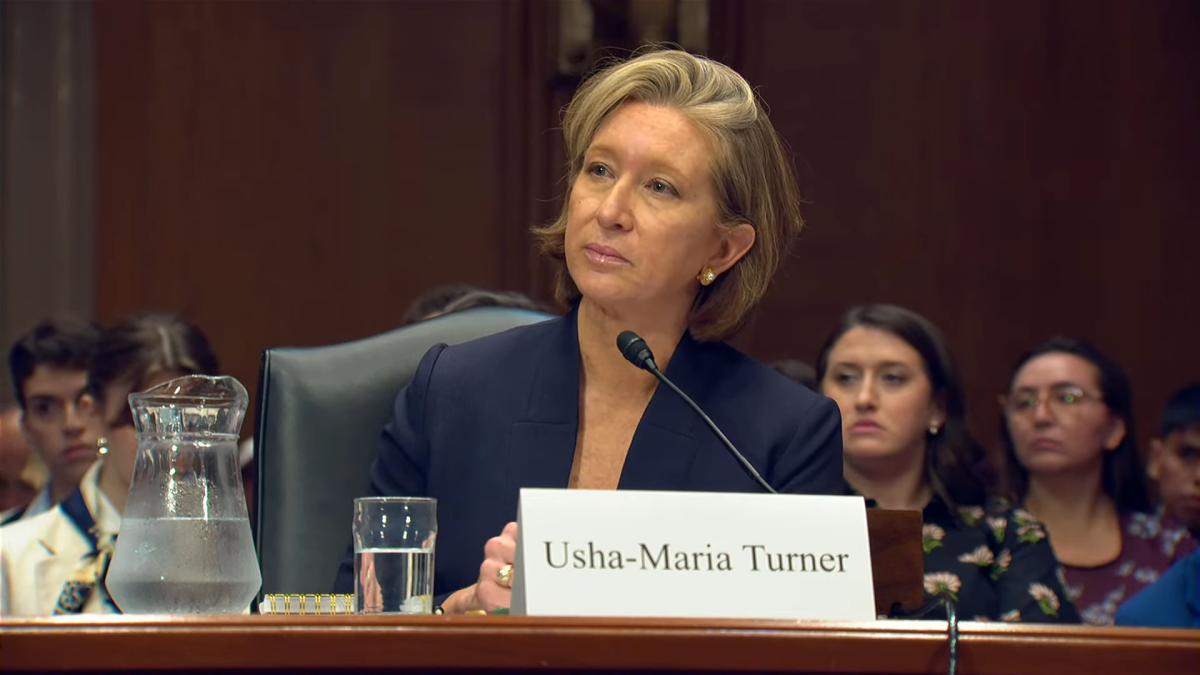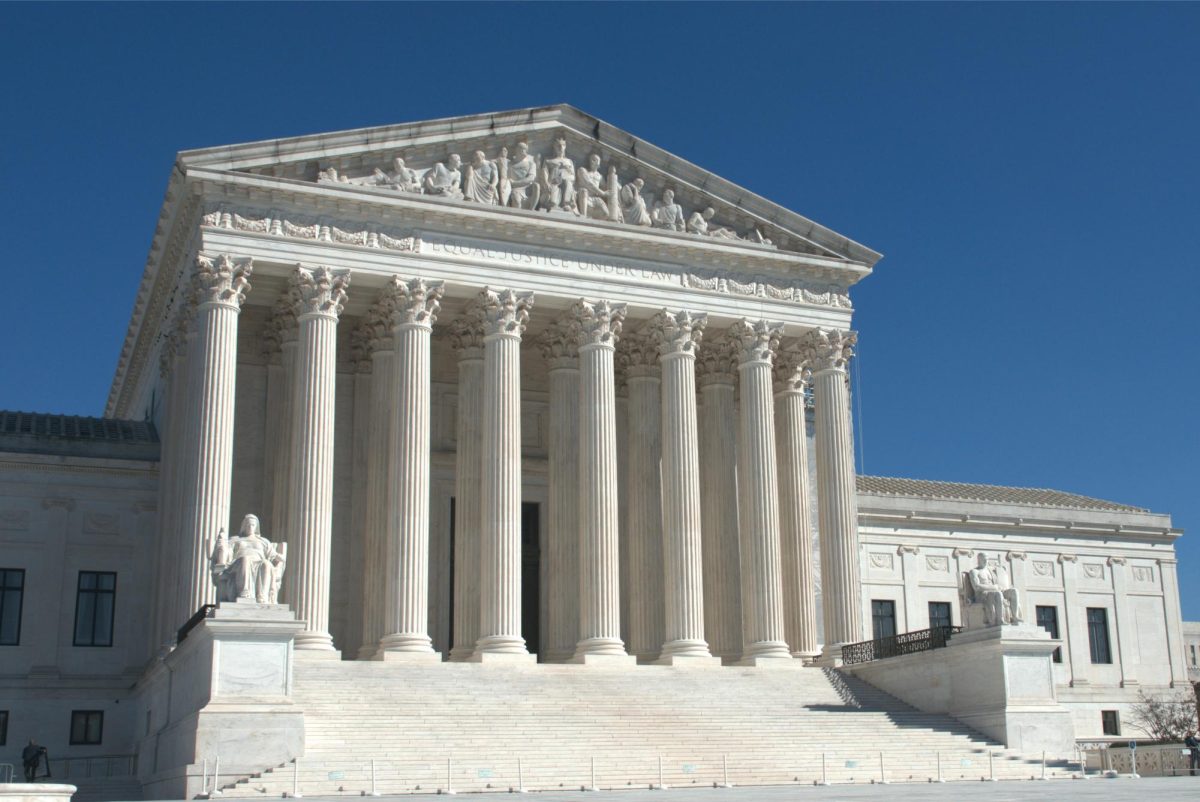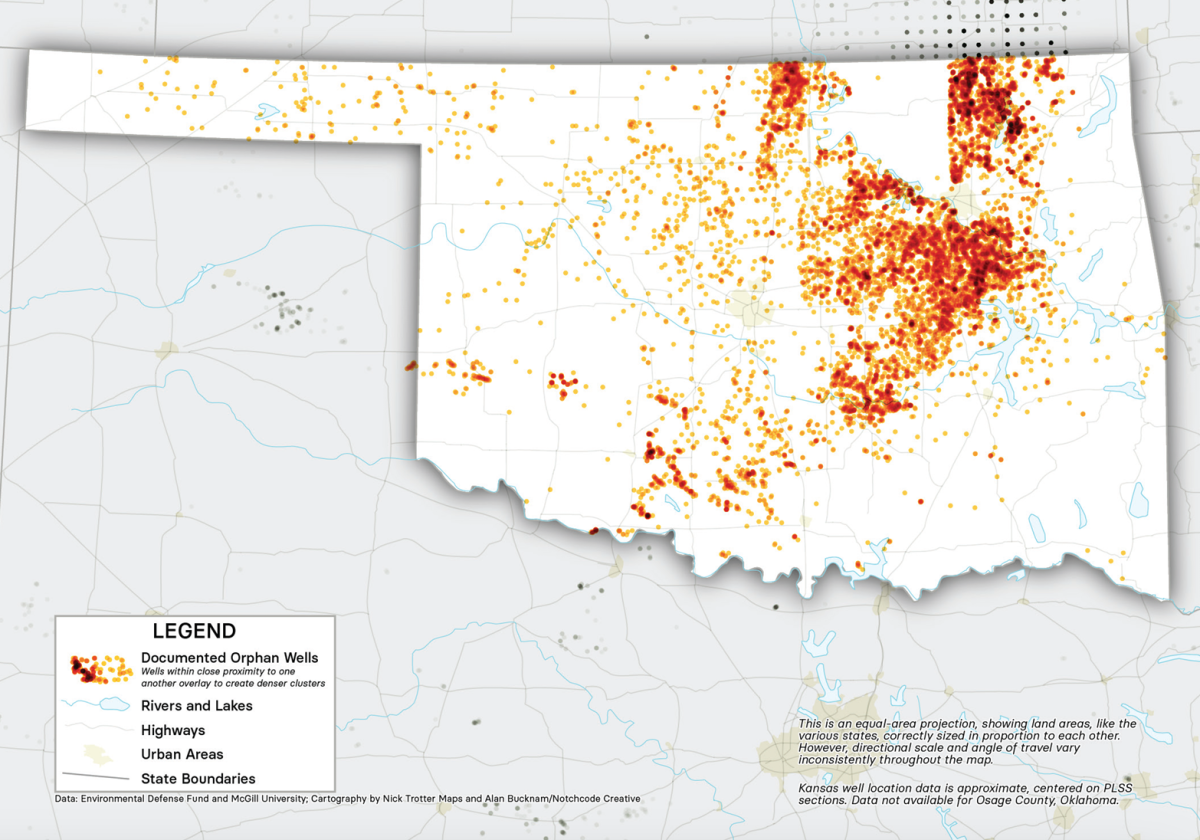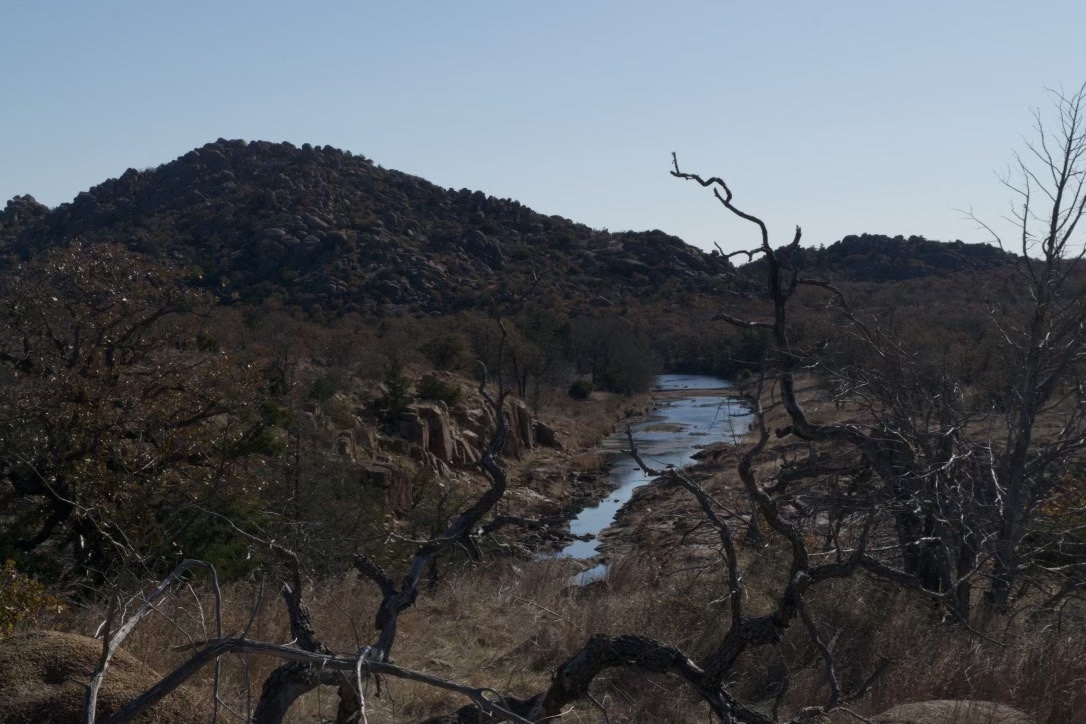FAYETTEVILLE, N.C.—“The damage is scattered across the city like an artist flicked a paintbrush on a canvas.”
Nearly two weeks after Hurricane Matthew made landfall on the east coast of the United States, communities across Florida, Georgia, South Carolina and North Carolina are picking the pieces.
Though cities across North Carolina’s east coast are still waiting for floodwaters to recede, there are some, like Fayetteville, that have started the process of assessing and cleaning up the damage left behind.
“The damage runs the full gamut from a shingle missing off a roof to total destruction,” emergency management coordinator Scott Bullard said. “We are right at the threshold of response and recovery.”
With FEMA and other assessment groups on the ground for nearly two weeks, the emergency management’s primary focus is completing small projects such as relocating people from temporary shelters and rebuilding business systems by Christmas, according to Bullard.
The recovery process will take over a year on the federal level, but Bullard’s team is concentrating on helping the city and its citizens as colder weather sets in, which poses a threat to both rebuilding highway bridges and relocating displaced families alike.
“In essence, we are at the mercy of the weather toward those larger projects, but by the same token, if you’ve lost your house, you have to have shelter because the weather’s going to affect that as well,” Bullard said.
This push to help citizens rebuild has become a fact of life for 26-year-old Antonio Elliott.
Elliott was going to stay and ride out the storm in his one bedroom townhouse in Aftenshire until he saw the water rise over the top of his porch.
He escaped and waded through knee-deep floodwater during the storm with cars rushing by without asking for help and people hurrying away from the flow in a panic.
The 26-year-old lost his townhouse, his 1995 Nissan Altima and most of his other possessions only eight months after moving out of his mother’s house, but he remains optimistic.
“I lost everything, but I’ve still got God and family and friends. All of that stuff was material and can be replaced so I’m just grateful to be alive,” Elliott said.
He has moved back into his mother’s house until he can start over with disaster assistance from FEMA.
“They’re going to reimburse me somewhat, but I’m just going to have a fresh start and look for a new apartment, get a new car and stuff like that. Nothing’s going to stop me,” Elliott said.
Bullard stresses the importance of registering with FEMA’s disaster assistance, so citizens can get the help they need, like Elliott.
“We just want people to register at disasterassistance.gov,” Bullard said. “Even if they are not sure they have damage, register because if you don’t get in the system then there’s no way for them to help you when it closes.”
After the waters receded and the news cameras left, cities like Fayetteville are putting life back together bit by bit.
With the presidential election around the corner, attention has shifted from recovery to politics. Bullard emphasized the need to focus on the community and its needs as they rebuild.

